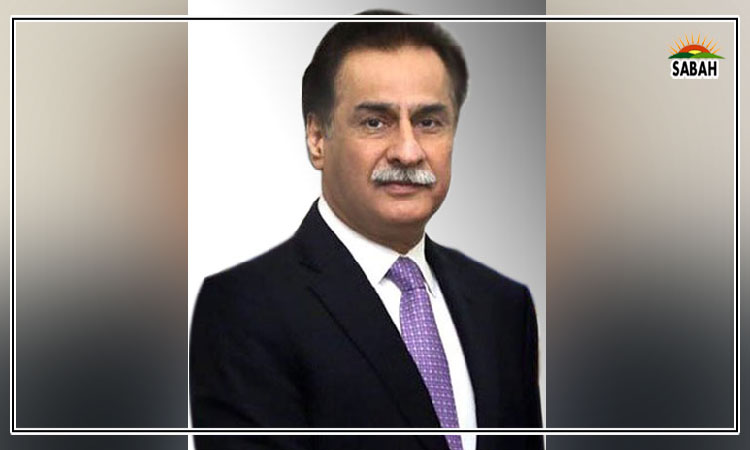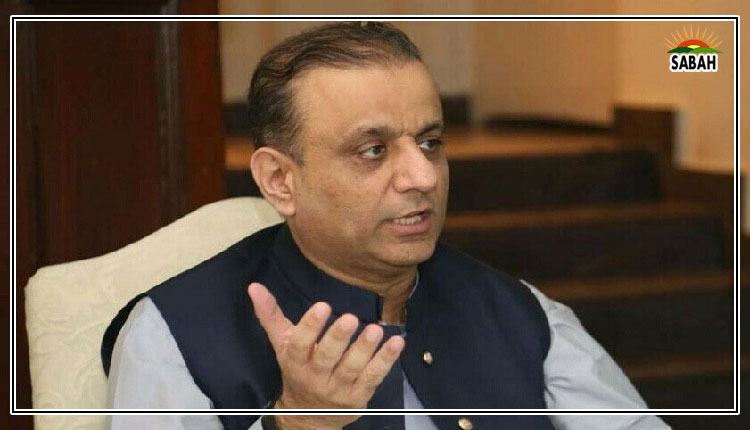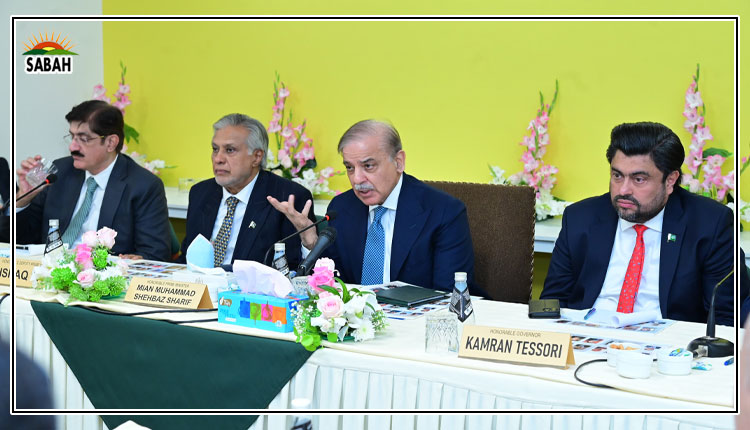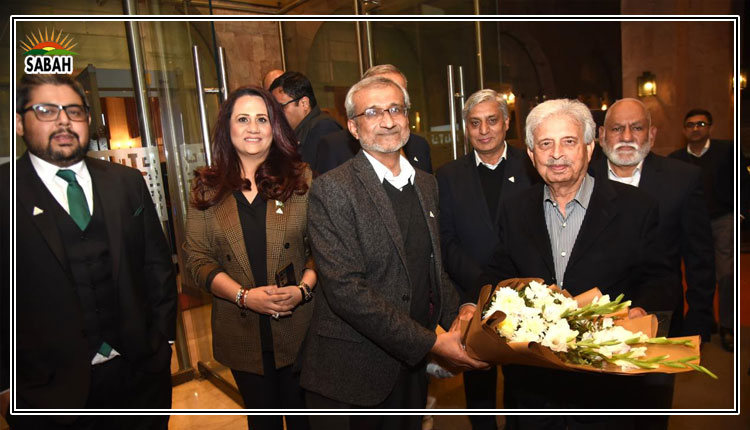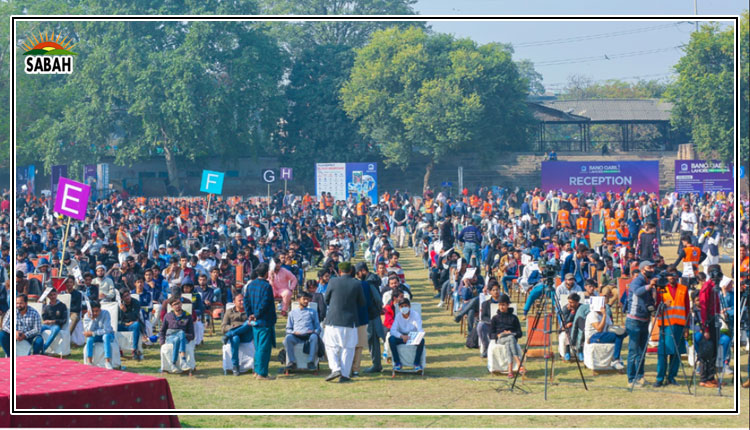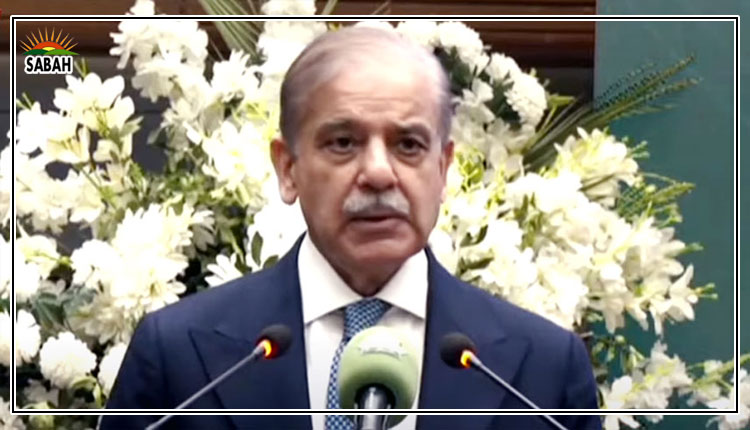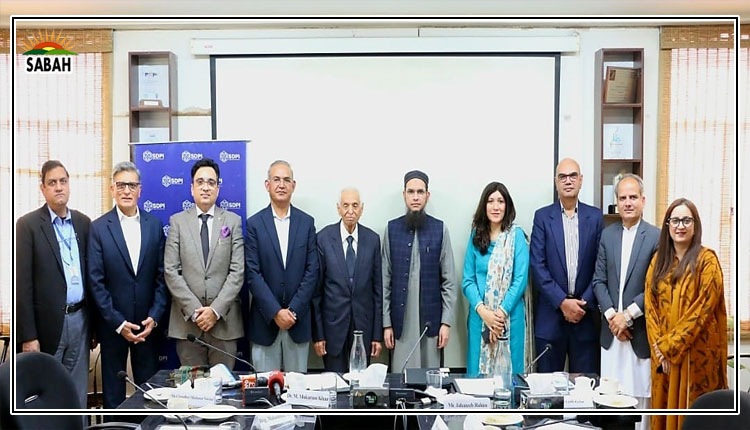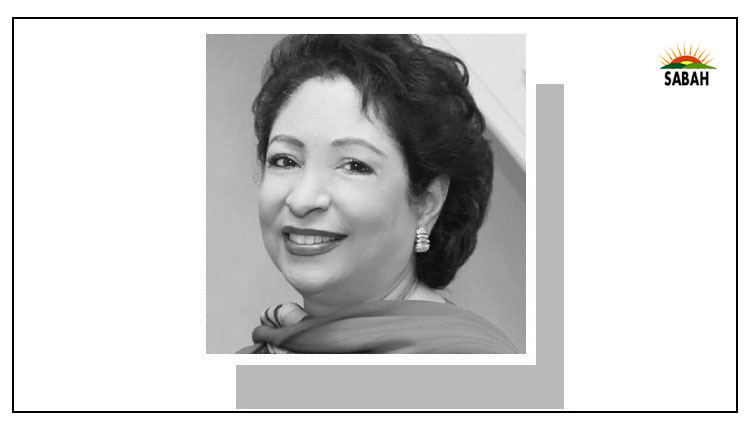Regaining global relevance…Maleeha Lodhi
PAKISTAN is becoming increasingly marginalised in international affairs. It is no longer able to shape the strategic environment in its neighbourhood to advance its interests, much less influence global geopolitics.
The country has faced reversals on a number of fronts, notably Kashmir and Afghanistan. Once an active diplomatic player in the Middle East, today its principal engagement with the region is to seek loans from rich Arab countries. Even the countrys most critical bilateral relationship with China is facing challenges. Its international relevance has been progressively declining and its diplomatic options shrinking.
A combination of factors is responsible for this situation. Pakistans economic weakness, political instability, unceasing turmoil, poor governance, continuing internal security threats and strategic confusion. The key question raised by this is why the country was strategically relevant in the past when some of these characteristics were also present.
The answer is that factors or developments extraneous to Pakistan gave it a significant role and importance in global geopolitics. For over two decades after its independence, it was the Cold War that catapulted Pakistan into the position of a much sought-after ally by the US-led West in its fight against communism. Membership of Western-sponsored military alliances enabled it to benefit from significant economic and military assistance.
In the 1980s, it was the Soviet invasion of Afghanistan that propelled Pakistan in a front-line role in the international coalitions campaign to roll back Russian occupation. The defeat and disintegration of the Soviet Union was followed by a period in which Pakistans geostrategic importance declined precipitously. 9/11 dramatically changed that. Pakistan once again assumed a front-line role in the so-called War on Terror. This enabled the country to coast along for two decades in a globally prominent role as a result of the US and Nato countries need for Pakistans cooperation in the war in Afghanistan.
What all three phases underlined was that external dynamics, regional geopolitical storms or big power rivalries enhanced Pakistans international importance. Thus, factors extraneous to the country affected transformations in Pakistans global status, not its intrinsic importance. But in the changed international environment of the post-Cold War era what increasingly mattered was countries own attributes that gave them importance. There Pakistan came up short.
This should have been an urgent call to adjust to new realities. External overreach and internal underreach had characterised Pakistans past priorities and actions. That was no longer tenable. But successive governments failed to see the world had changed fundamentally and the days of living off geopolitical rents were over. Ruling elites didnt understand the only way the country could reverse the erosion in its strategic importance was by strengthening and empowering itself at home and putting its own house in order. But old habits persisted as did outdated paradigms.
There are no short cuts to rebooting Pakistans international standing and influence.
Pakistan now has to operate in and adapt to a vastly transformed international environment. The post-Cold War era has given way to a world of growing multipolarity, where power is being redistributed and where there is intense competition among states for global influence. In this transformed landscape, it is increasingly the economic power of countries that gives them international clout and heft. Nations with strong economies and who are technology innovators are the ones that have become consequential in the international arena.
The growing importance and rising clout of middle powers in global affairs reflects this. Middle powers are not superpowers but have characteristics that give them the ability to influence and shape geopolitics. Most middle powers have strong economies and possess other positive attributes that provide them leverage in global affairs to pursue their national interests as well as the ability to build multiple relationships through skilful diplomacy.
The structural changes and dispersal of power in the international system the currency of power having changed has created an enabling environment for middle power diplomatic activism and for them to wield greater influence and become global players. Middle powers play off the US-China competition to strengthen their bargaining position even while they seek to enhance relations with both global powers. They try to avoid getting into the crosshairs of that confrontation but also reap advantages from it. This urges both the US and China to pay more attention to them to ensure they are not firmly tied to their rivals camp.
Pakistan doesnt figure today among middle powers that include many countries of the Global South, such as Turkiye, India, Saudi Arabia, Qatar and Singapore among several others. But it has all the potential to become one.
To be internationally relevant, it must first and foremost build a strong and resilient economy that is not reliant on external life support, on bailouts and borrowing an economy integrated into the global economy, which at present it is far from being. This needs efficient governance, political stability and an end to the political squabbles that keep the country in such an unsettled, distracted and divided state. It also needs an educated citizenry and workforce that has the ability to innovate and contribute to scientific and technological progress. All this will engender national self-confidence that can empower the country with hope and optimism, which acts as a force multiplier.
Along with building domestic strength, incorporating soft power in the countrys diplomatic strategy will also help to improve its global standing and reputation. Understood as a countrys qualities or behaviour that appeals to others, soft power can be an indispensable tool to boost its international influence and image. Pakistan has several soft power resources which if identified and leveraged intelligently can help create positive perceptions about the country and build trust, which in turn, can elevate its position and elicit support from the international community for its foreign policy goals.
To sum up, Pakistans international relevance now depends on its domestic repositioning and the choices made at home to strengthen the economy, establish durable political stability, provide competent governance, invest in people and address its human development deficits. It also involves fashioning and implementing a coherent and imaginative foreign policy. What should be clear is that there are no shortcuts to rebooting Pakistans global influence.
The writer is a former ambassador to the US, UK and UN.
Published in Dawn, September 16th, 2024
Courtesy Dawn


